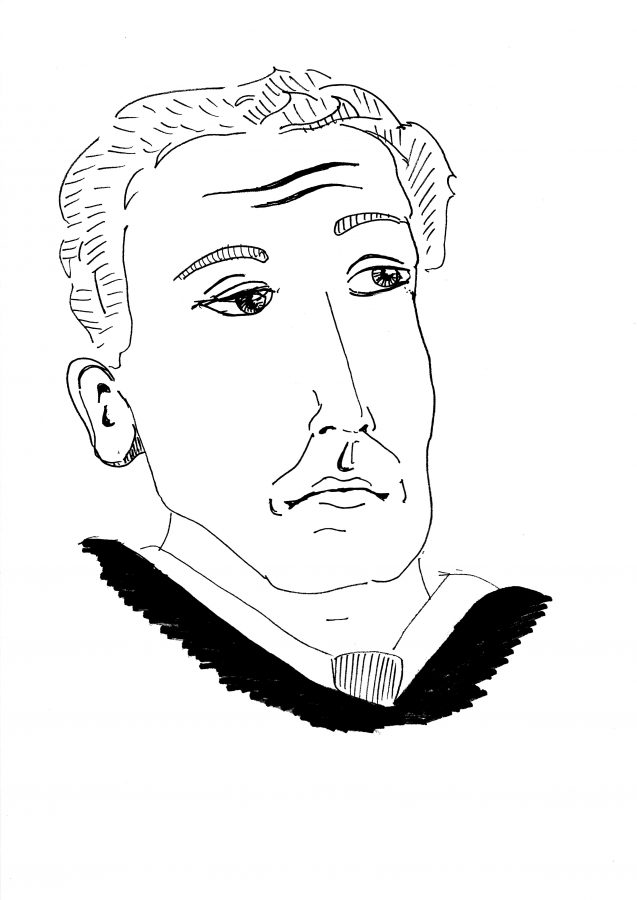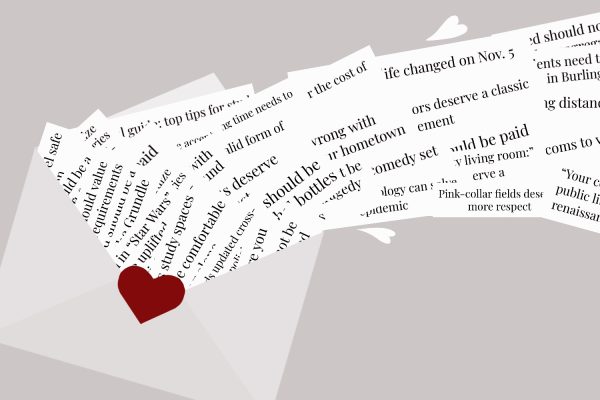Gorsuch: preserving constitutional rights
President Trump’s Supreme Court nominee was called an “extreme right winger” in a Cynic article by Alexander Collingsworth.
However, when looking at some of Judge Neil Gorsuch’s less famous decisions, there are many instances where he and those on the political left can find some common ground.
Gorsuch’s judicial philosophy closely resembles that of the late Antonin Scalia, leading to him being referred to as “Scalia 2.0.”
Like Scalia, Gorsuch is an originalist and textualist. This means he interprets the Constitution the way it was meant to be interpreted at the time it was written and exactly as it is written.
For the sake of our Constitutional freedoms, Gorsuch is a home run, and by looking at a few of his notable cases, it is easy to see why.
He is a champion of religious liberty, one of the cornerstones of a free society. In the Hobby Lobby v. Sebelius decision, Gorsuch upheld the First Amendment right to freely practice one’s religion.
He ruled that owners of closely held businesses cannot be forced to provide contraception to employees if doing so violates their religious beliefs.
In another religious liberty case in 2014, Gorsuch ruled against the Wyoming state prison system after a man was denied accommodations to practice his Native American faith because the state deemed it too expensive.
Free speech is also safe with Gorsuch, as shown by his ruling in 2010 in favor of a University of Northern Colorado student who mocked a professor in an online parody.
He also has upheld the rights of public employees who were subject to retaliation for exercising their rights to free speech and free association.
In the arena of criminal justice, Gorsuch dissented in
a case in 2011 that upheld the arrest of a New Mexico seventh grader who was arrested after interfering with classroom instruction by generating fake burping noises. Gorsuch did not believe that making noises justified putting a child in handcuffs.
Gorsuch is also a friend of the Fourth Amendment. In one case, Bureau of Alcohol, Tobacco, Firearms and Explosives agents illegally entered private property, ignoring a series of “No Trespassing” signs.
While the case upheld this man’s conviction, Gorsuch dissented on constitutional grounds.
While Gorsuch has never ruled directly on abortion, a book he wrote on the issue of assisted suicide gives insight into how he might rule on the issue.
He argues “all human beings are intrinsically valuable and the intentional taking of human life by private persons is always wrong.”
This stance makes it likely that he would rule against abortion and on the side of protecting unborn life.
The addition of Gorsuch to the Supreme Court will have a profound impact on the balance of the court for decades to come.
With his confirmation, the Supreme Court will continue to lean conservative.
I disagree with the idea that Gorsuch is an extreme conservative. His rulings are consistent with the Constitution and the rights that our founding document protects.
However, if supporting our fundamental rights makes someone an “extreme right-winger,” then sign me up.







